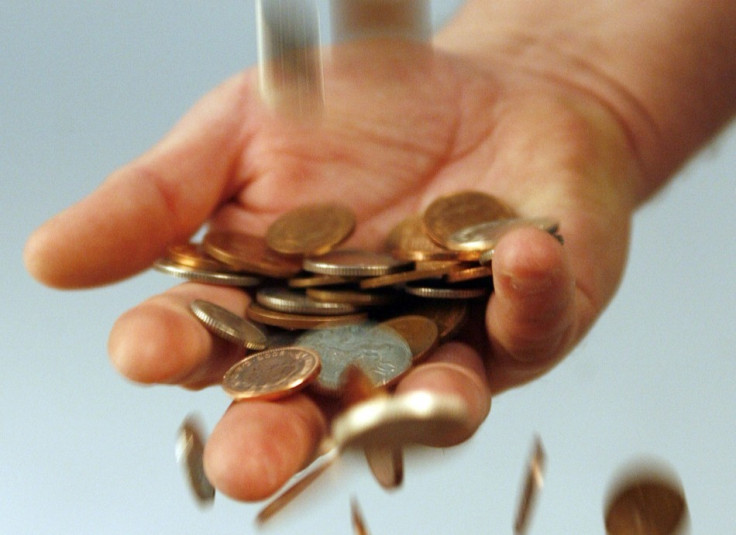UK Inflation Rises Unexpectedly in July to 2.6% Beats Bank of England Target

UK inflation rose unexpectedly in July as the Consumer Price Index (CPI) came in at 2.6 percent, casting a shadow over the Bank of England's forecast that it will reach the government's two percent target by around the end of the year.
Rising air fares sent inflation up on June's figure of 2.4 percent, reported the Office for National Statistics (ONS), while slowing price drops from continued discounting of clothing and footwear goods failed to provide the same off-setting inflation counterweight as in previous months.
"July's unexpected rise in UK inflation is disappointing, but it is likely to be just a temporary blip," said Vicky Redwood, an analyst at Capital Economics.
"Admittedly, the near-term outlook for inflation has worsened slightly on the back of the renewed rise in petrol prices and the rise in agricultural prices.
"But despite these factors, inflation still looks likely to drop below its 2 percent target within the next two or three months, as we reach the anniversary of last year's utility price hikes.
"And we still expect the weak economy to push core price pressures down further, keeping inflation very low next year."
Air fares rose by a staggering 21.7 percent across the month. Clothing and footwear products saw prices fall 2.6 percent in July, as embattled retailers continue to slash prices in a desperate attempt to lure in recession-weary consumers.
"This is the smallest fall in clothing prices between a June and July since the CPI was launched in 1996 and follows the record fall in prices between a May and June witnessed last month," the ONS said.
Falling inflation had given the Bank of England more room to move in loosening its monetary policy, but this shock rise will send a shiver of concern down policymakers' spines.
In July the Bank ploughed an extra £50bn into the economy via its quantitative easing programme, bringing the total value of this stimulus package to £375bn.
This money is used by the Bank to buy up gilts to improve liquidity in the markets and free up cash on businesses' balance sheets.
The hope is that this newly gifted cash would be used to invest in jobs and growth, to boost Britain's ailing economy.
Official data showed that the UK economy plunged deeper into recession in the second quarter as GDP contracted by -0.7 percent.
Rail fares set to rise across Britain
Rail users in the UK will be slapped with higher-than-expected fares from January, as price rises are tied to July's Retail Prices Index (RPI) figure - which came in at 3.2 percent.
This is more than anticipated and is up from June's 2.8 percent.In England rail fares will rise by RPI plus 3 percent. Scotland's rail prices will go up by RPI plus 1 percent, while the rise in Wales has yet to be set.
After the previous Labour government reformed the way the railways were funded, passengers were told to shoulder a bigger burden of the operating costs.
Fare rises are used to upgrade and maintain stations and lines across the country.
Critics say that profit-making rail companies should squeeze their margins rather than hard-pressed consumers to find investment and maintenance capital.
"It has been government policy during the past eight years for passengers to pay a larger share of the cost of operating the railways and to focus taxpayers' money on investing in longer term improvements to the network," Michael Roberts, chief executive of the Association of Train Operating Companies (ATOC), said.
"Any flexibility train companies have within the rules is to maximise revenue for the government.
"Some passengers may faces fare increases of as much as 11 percent, according to rail consumer representatives Passenger Focus.
"It is a bit of a dark art the train companies can use, a bit of a loophole in the regulation," David Sidebottom, a director at Passenger Focus, told the BBC.
"They can increase some fares even further. So it is difficult to say now who is going to get what."
© Copyright IBTimes 2025. All rights reserved.





















